Publications
Articles, publications, books, tools and multimedia features from the U.S. Institute of Peace provide the latest news, analysis, research findings, practitioner guides and reports, all related to the conflict zones and issues that are at the center of the Institute’s work to prevent and reduce violent conflict.
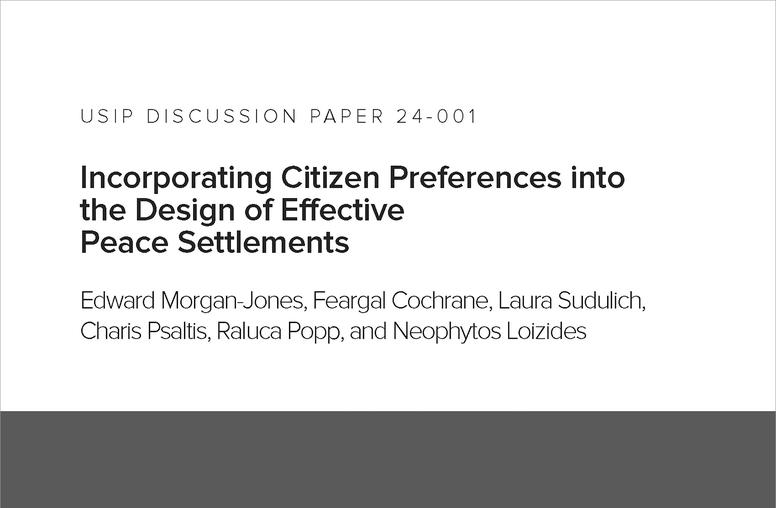
Incorporating Citizen Preferences into the Design of Effective Peace Settlements
This paper describes the use of conjoint survey experiments to identify citizen preferences with respect to a possible peace agreement in Cyprus and a border agreement in Northern Ireland. The recommendations offered in the conclusion emphasize the flexibility of the method and its transferability to other conflict settings. Results also suggest ways of reinvigorating stalled peace negotiations (Cyprus) or improving past deals (Good Friday Agreement/Brexit-Northern Ireland) and can help contending groups and mediators identify potential zones of agreement by revealing areas where contending groups’ preferences overlap or differ and where possible trade-offs exist that could lead to greater consensus.
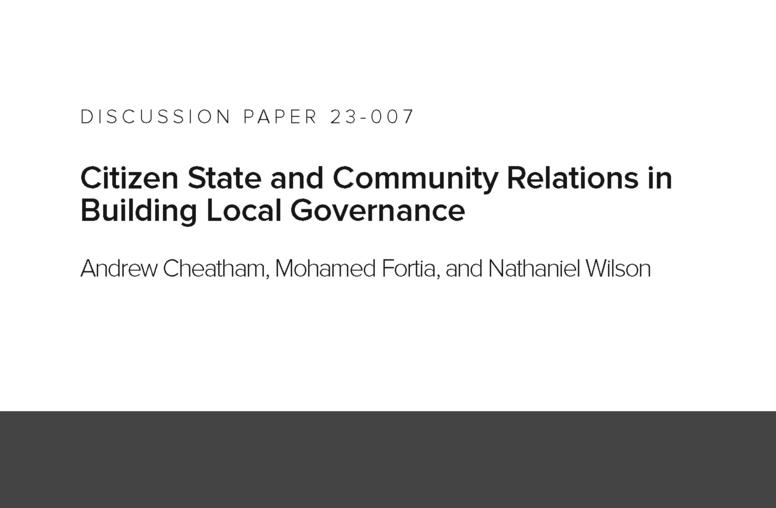
Citizen State and Community Relations in Building Local Governance
Since the revolution in 2011 and the toppling of the long-standing regime of Muammar Gaddafi, Libya has experienced various degrees of political instability and conflict. A succession of internationally supported “transitions” have failed to bring the Libyan people a functioning state with a clear social contract based on a shared vision for the nation. This paper discusses the present challenges for good local governance as perceived by Libyan citizens and institutional actors. Through this lens, recommendations are offered for immediate, short-, and medium-term initiatives that can support the improvement of citizen relations with the three traditional arms of the state—the legislative, executive, and judicial branches.
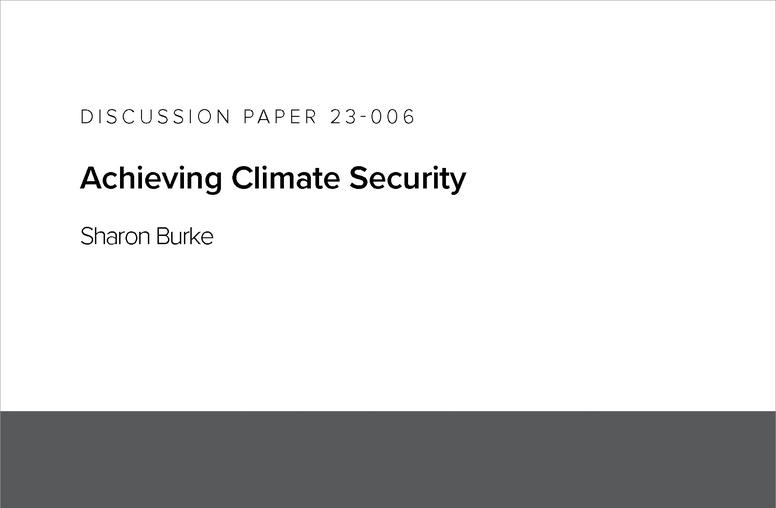
Achieving Climate Security
The ambition of civilian leaders at the Pentagon to bring climate security policy to scale quickly is running into the shoals of a peculiar reality: climate security as a concept is not well defined and controversial, even as climate impacts on societies are mounting. There is clearly a connection between the effects of a changing climate and security—security both in the broadest sense of the safety and well-being of human societies and in the narrower sense of threats to civil order—but there is insufficient climate security research and analysis to guide policy.
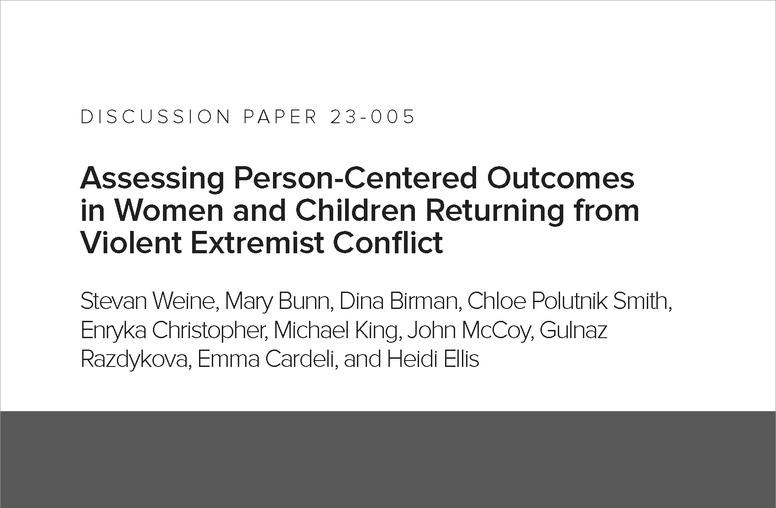
Assessing Person-Centered Outcomes in Women and Children Returning from Violent Extremist Conflict
This paper outlines a person-centered approach to outcomes based upon existing evidence and practice knowledge for use with returning women and children in rehabilitation and reintegration (R&R) programs. Being able to identify and assess outcomes, which are the intended accomplishments of these programs, are key for understanding change processes and developing strong programs. These programs should be able to assess and track key outcomes at multiple levels, including individual, family, community, and systems. However, little guidance currently exists regarding strategies for what outcomes should be assessed and how to do so.
Tracking the Evolution of Conflict: Barometers for Interstate and Civil Conflict
This paper presents news ways to track violent conflict over time, providing conflict barometers for interstate and civil conflict, respectively. After critiquing previous efforts at measurement, the authors discuss general principles concerning the utility of conflict barometers. The interstate barometer is based on establishing a baseline for the relationship between a pair of states and then using the incidence and severity of militarized confrontations to track variations around those baselines. The resulting Interstate Conflict Severity Barometer (ICSB) is scaled from 0 (no violent conflict) to 1,000 (rivalry plus severe militarized confrontations) for 2,631 different state-state relationships over the period 1900–2015.
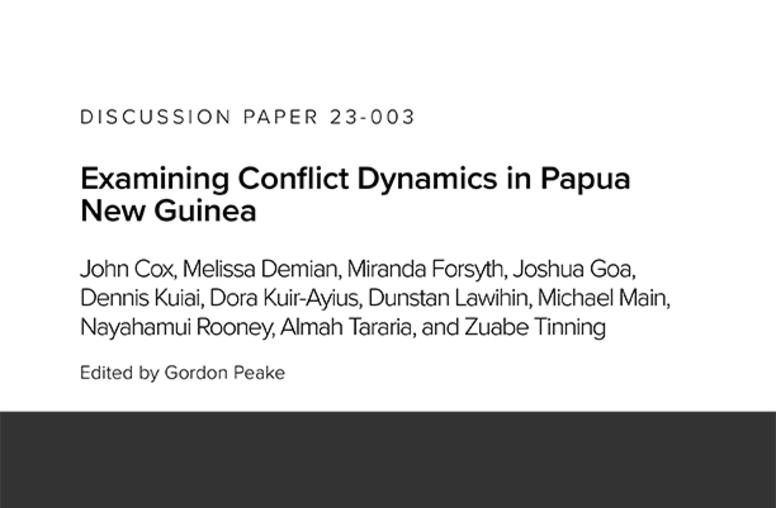
Examining Conflict Dynamics in Papua New Guinea
In 2022, Papua New Guinea was designated as one of five priority countries or regions under the U.S. Strategy to Prevent Conflict and Promote Stability. USIP assembled a study group of senior officials and scholars to provide input on the guiding principles for a strategy to support US efforts to increase stability in the country.
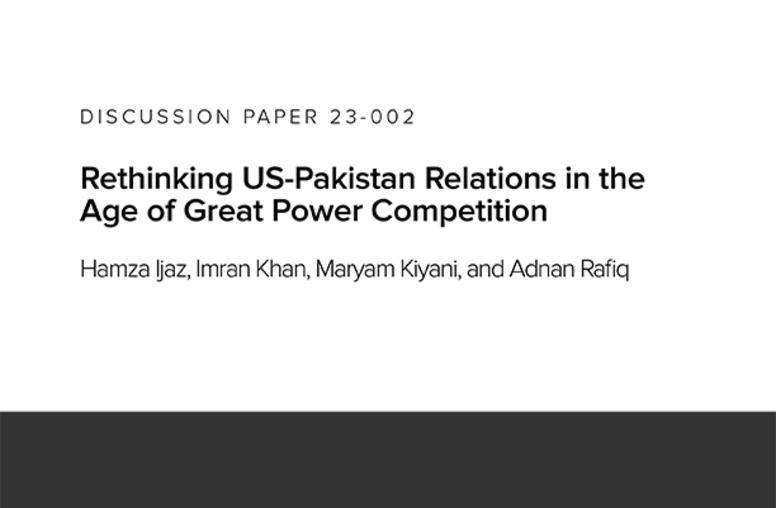
Rethinking US-Pakistan Relations in the Age of Great Power Competition
As the United States and Pakistan approach 75 years of bilateral engagement, the relationship between the two countries is at a critical crossroads. While viewing the US-Pakistan relationship exclusively through the security lens seems to be untenable, the road ahead, in the broader context of the Afghanistan withdrawal and great power competition, remains murky. Nevertheless, there exists a willingness on both sides to avoid the lows of the 1990s even if the highs of the 1980s or 2000s are not possible.
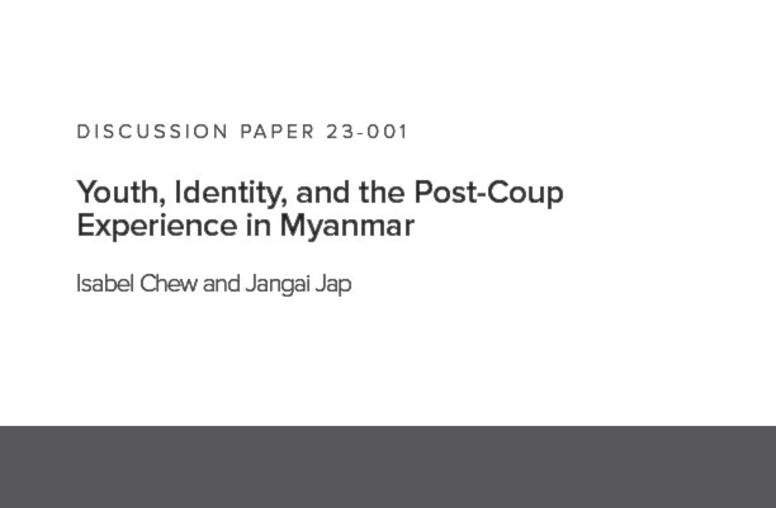
Youth, Identity, and the Post-Coup Experience in Myanmar
One of the biggest challenges facing Myanmar today is its lack of a cohesive national identity. Its colonial legacy and half a century of authoritarian rule has reified group divisions and hardened societal cleavages, leading to negative, and sometimes outright hostile, relations between different groups. Against this background, the authors discuss how the Myanmar youth perceive their social identity, in particular national identity, and how they conceptualize notions of citizenship within the Myanmar context, as well as the implications of the coup and the post-coup experience for the youth’s perceptions of social identity and interethnic relations in Myanmar.
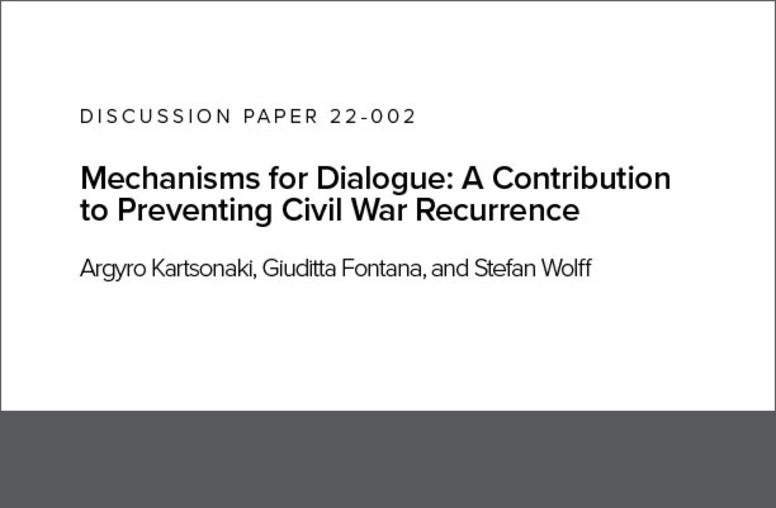
Mechanisms for Dialogue: A Contribution to Preventing Civil War Recurrence
This paper argues that the effects of civil war recurrence can be mitigated if peace agreements include mechanisms that enable the warring parties to continue dialogue throughout peace processes beyond the implementation of a peace agreement.
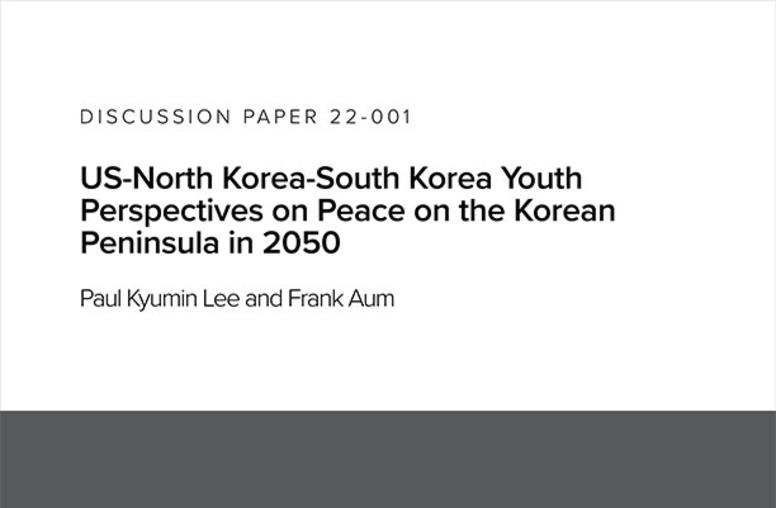
U.S.-North Korea-South Korea Youth Perspectives on Peace on the Korean Peninsula in 2050
This paper describes a virtual workshop on envisioning peace on the Korean Peninsula for youth from the United States, North Korea, and South Korea that was conducted over three days in January 2021. The workshop was designed, organized, and facilitated by the United States Institute of Peace, and participants were selected in partnership with Liberty in North Korea and the International Student Conferences' Korea-America Student Conference.